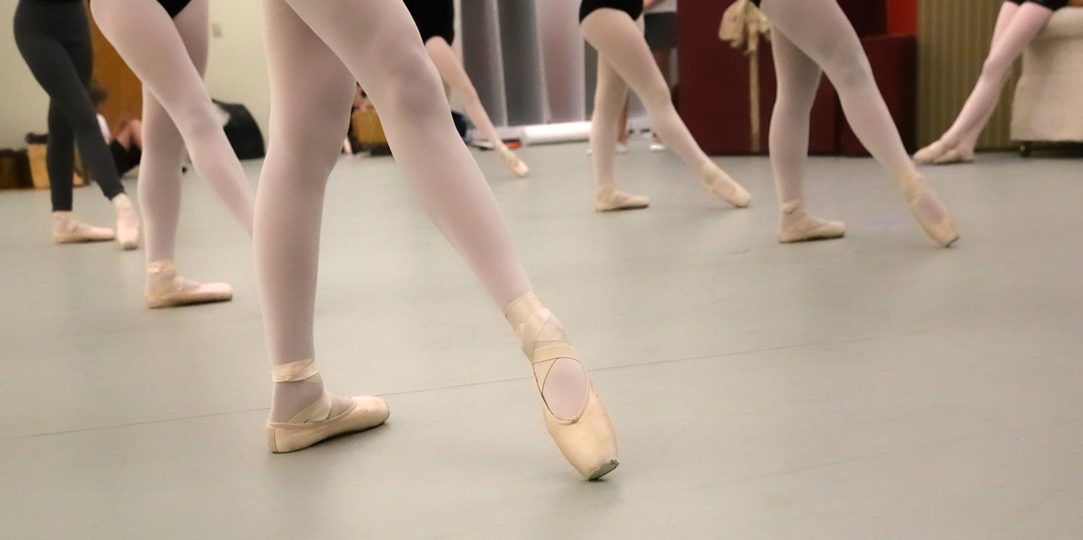Missouri Supreme Court ruling imposes sales tax on fees for lessons

The Missouri Supreme Court issued a decision on January 12, 2016, that might have major consequences for certain businesses whose sales of services have, thus far, been exempt from tax. In this particular case, the Supreme Court ruled against the taxpayer, a dance school, stating that its sales of dance lessons constituted a taxable transaction because the lessons provided more than an insubstantial amount of amusement or entertainment.
[ezcol_2third]
The Supreme Court’s interpretation of Missouri statute
Missouri Statute §144.020.1(2) imposes a tax on the fees paid to any place of amusement, entertainment, or recreation. When interpreting this statute, the Court viewed the plain dictionary definitions of these words, all of which include some form of “diversion” as a descriptor. Therefore, the Court argued that an activity sold that creates a “diversion” for the purchaser would be subject to taxation under this statute if the “diversion” activity in question was not of an insubstantial nature.
What does this mean?
This case appears to have widespread applicability to many types of businesses that offer lessons or instruction, even those whose sole business purpose is not to entertain its consumers. The Court ruled that if any business offered an activity that created a “diversion” for the client, regardless of the original purpose of the activity, the sale of the activity could potentially fall under this Missouri statute. This could be applicable to businesses offering a multitude of different activities – hockey lessons, sewing classes, photography classes, painting sessions, piano lessons, creative writing workshops – the list is endless.
So, how are you to know if your business is liable for sales tax under this statute? Here are a couple questions you can ask yourself to help you make that determination.
Are the activities providing a diversion to the consumer?
If the Court does not think the activity offers a “diversion” to the consumer, the activity would not fall under this statute. The Court in this particular case defined “diversion” to be something that “turns the mind from serious concerns or ordinary matters and relaxes or amuses.” The Courts will look to see how your business is portrayed to the general public. What terms does it use to describe the activity? How does it promote the activity in print and digital media? What types of people are drawn to participate in the activity, and why? There is no well-defined way to determine which activities create diversion and which ones are merely educational or informative. This puts the onus on the taxpayer to prove that the activity it is providing is not amusing, entertaining, or recreational in any significant aspect.
Do the entertainment activities make up a substantial portion of the overall business?
The Court specified in its analysis that the entertainment portion of the activity must be at more than a de minimis level compared to the entire activity in order for it to fall under this statute. This means that the aspect of the activity providing amusement or entertainment must make up more than just an insubstantial portion of the business overall. The Court issued a three-pronged test to help them make this determination. They asked: (1) how does the business holds itself to the general public? (2) how much revenue is generated by the recreational activity when compared to the company’s overall sales? and; (3) how pervasive is the recreational portion of the business compared to all activities of the business? Passing each of these three tests would be a good indicator that your business has sales tax liabilities under this Missouri statute.
Senate bill could offer clarification
A group of organizations, including the Missouri Society of Certified Public Accountants, has been working together on a bill that attempts to clarify which activities should truly be exempt from taxation under this statute. Senate Bill 706, which was heard by the Ways and Means Committee on January 21, 2016, proposes a sales tax exemption specifically for “amounts paid for instructional classes, training, or membership at a fitness facility, gymnasium, or dance studio.” There was no opposition to this bill, and it should move forward to the floor of the Missouri House of Representatives in due time.
Unfortunately, this bill only specifically mentions fitness facilities, gyms, and dance studios. It would not provide sufficient support that other businesses could use to argue for their tax-exempt statuses upon examination. Even if this bill does not apply to your business, it is one worth following. Hopefully, the Department of Revenue or state legislators will do more to clear up the uncertainties surrounding the statute.
If you think your company’s services may now be taxable in light of this case ruling, contact your WK advisor at (573) 442-6171 or (573) 635-6196.
[/ezcol_2third] [ezcol_1third_end]

OTHER STORIES FOR YOU
HOW TO DEDUCT BUSINESS MILES. Do you take advantage of mileage deductions to reduce your taxable income? Which miles you deduct depends largely on whether you can claim a home office deduction or not. Read on to learn how to properly deduct mileage when you use your personal vehicle for business purposes.
TAX PLANNING FOR HIGH NET WORTH INDIVIDUALS: CHARITABLE GIVING. In our previous article on tax planning for high net worth individuals, we discussed strategies for reducing taxable income. One such strategy deserves special focus – charitable giving.
ACA INFORMATION REPORTING DEADLINE EXTENDED. Two information reporting deadlines established by the Affordable Care Act have been extended, per an Internal Revenue Service notice. Employers will have additional time to provide documentation of minimum essential health coverage for 2015 to individuals and the IRS.
[/ezcol_1third_end]

